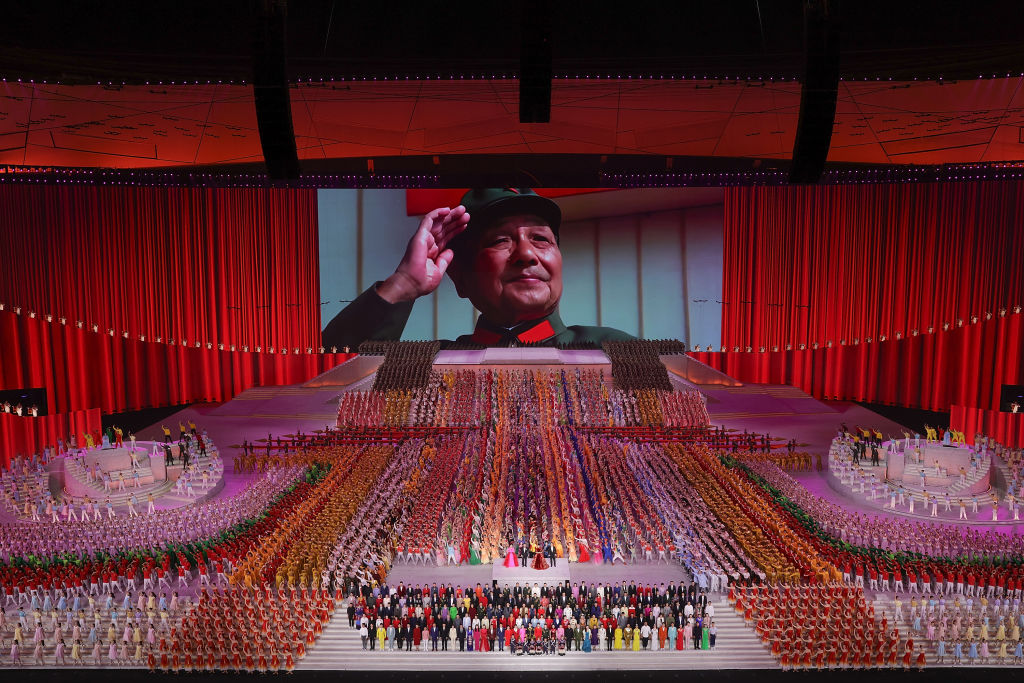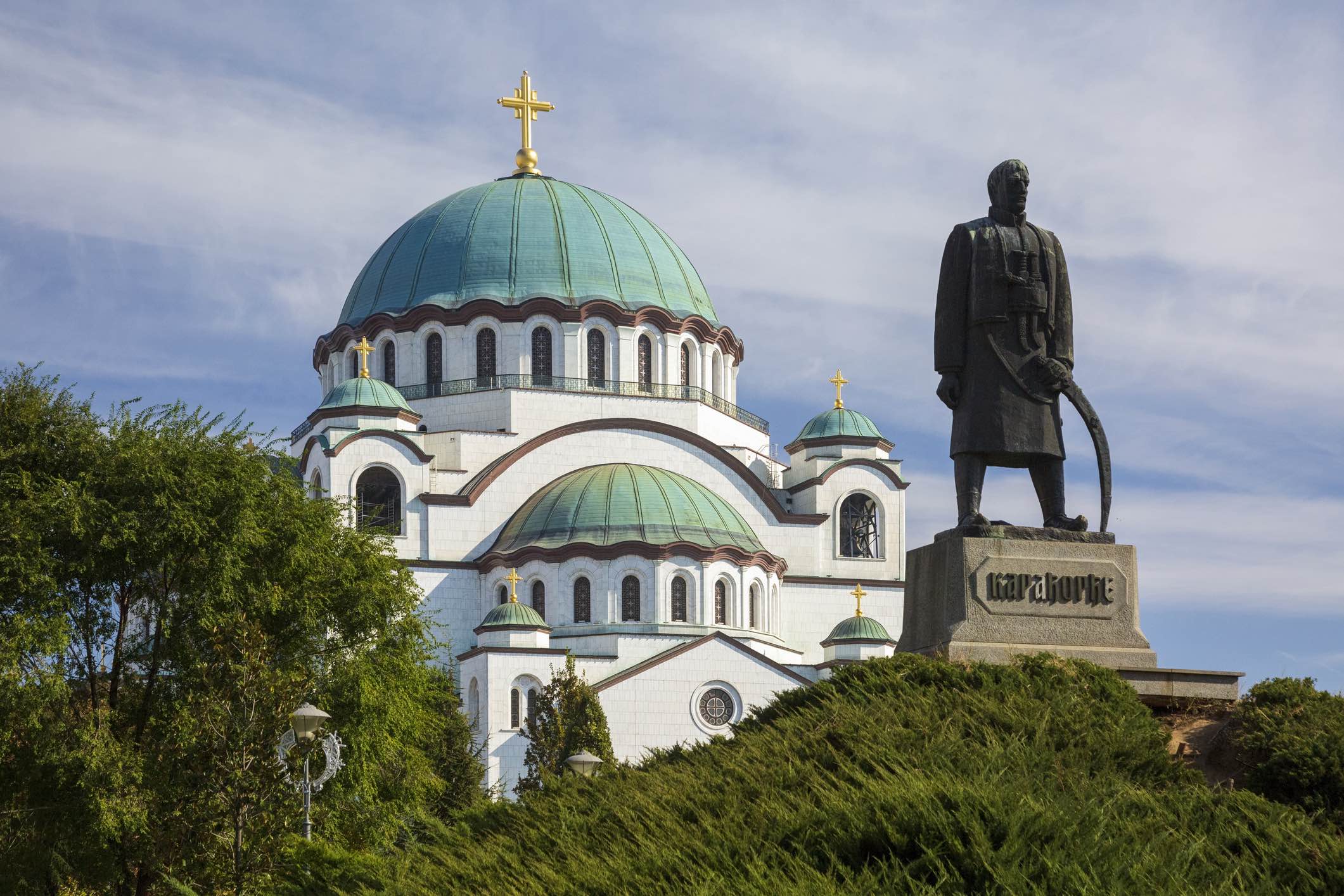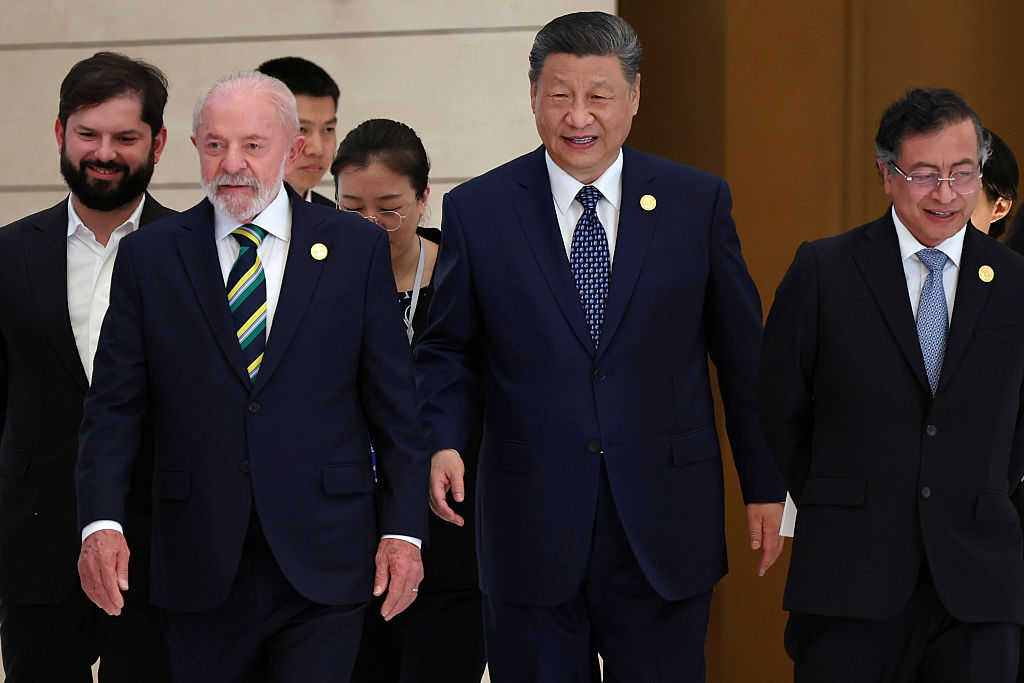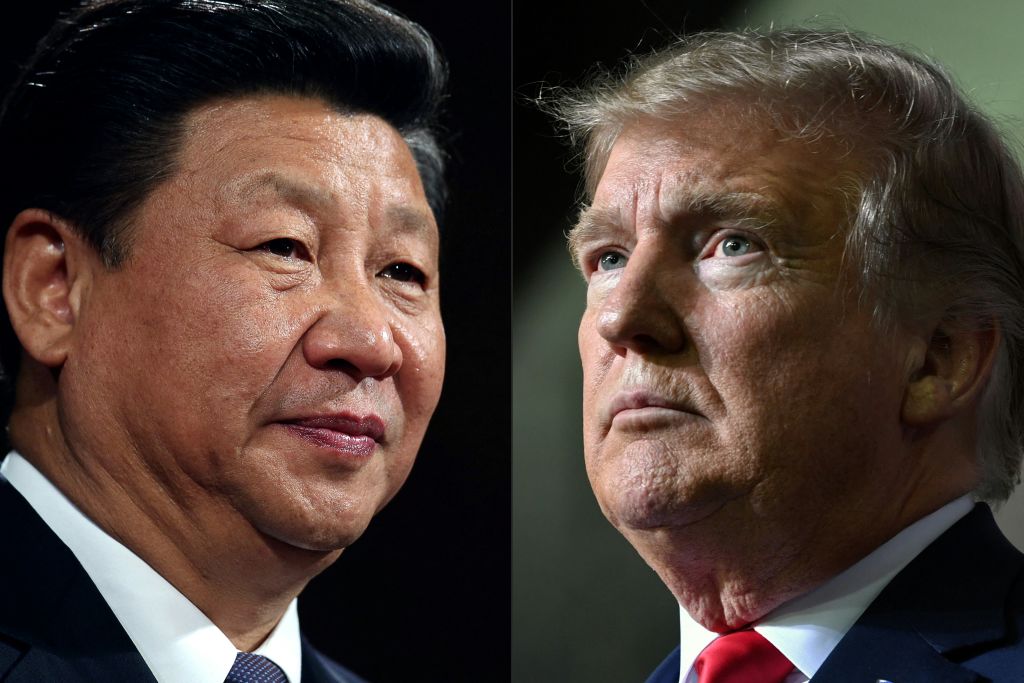On July 1, 1921, the founding congress of the Chinese Communist party was held in Shanghai, when 12 men gathered in a villa in the richest part of the city. Today, the party has over 90 million members. It has transformed not only China but the history of the entire world.
The main stages in its development are well-known. In late 1920, Mao Zedong took over and reoriented the party from city workers to poor farmers. In the mid-1930s, the Long March, although a retreat, established a link between the party and the people across China. In 1949, revolution won. From 1958 till 1975, the Great Leap forward and the Cultural Revolution tried to enforce fast economic and social change. That failed and caused millions of deaths; from 1978, after Mao’s death, Deng Xiaoping introduced the opening towards capitalism under continued political control by the party. When, in the late 1980s, economic liberalization gave birth to political demands for democratization, the Tiananmen crackdown reasserted the party’s control.
China in the last decades is arguably one of the greatest economic success stories in human history — hundreds of millions have been raised from poverty into middle-class existence. How did China achieve that? The 20th-century left was defined by its opposition to two fundamental tendencies of modernity: the reign of capital with its aggressive individualism and alienating dynamics and the authoritarian-bureaucratic state power. What we get in today’s China is exactly the combination of these two features in extreme form: a strong authoritarian state with wild capitalist dynamics — this is the most efficient form of socialism today.
Yes, the Chinese authorities continue to reprint and regurgitate the Marxist classics from Marx to Mao, but if you take these texts seriously and act upon them, as some young students do when they try to help organize workers against the abuses of state power, you are arrested. In today’s China, one of the main functions of the Communist party is to prevent workers from organizing their resistance to capital — a wonderfully schizophrenic situation.
The irony is that, while, for Marx, Communism arises when capitalist production becomes an obstacle to the further development of the means of production, so that this development can be secured only by a (sudden or gradual) progress from capitalist market economy to socialized economy. Deng Xiaoping’s ‘reforms’ turned Marx around — at a certain point, one has to return to capitalism to enable the economic development of socialism.
Years ago, a Chinese social theorist with links to Deng Xiaoping’s daughter told me an interesting anecdote. When Deng was dying, an acolyte visited him and asked him what he thinks his greatest act was, expecting the usual answer that he will mention his economic opening that brought such development to China. To their surprise, he answered: ‘No, it was that, when the leadership decided to open up the economy, I resisted the temptation to go all the way and also open up the political life to multi-party democracy.’ (According to some sources, this tendency to go all the way was pretty strong in some party circles and the decision to maintain party control was in no way preordained.)
We should resist here the liberal temptation to dream about how, if China had moved towards political democracy, its economic progress would have been even faster. What if political democracy would have generated new instabilities and tensions that would have hampered economic progress? What if China’s capitalist progress was feasible only in a society dominated by a strong authoritarian power? The classical Marxist theory on early modern England stated it was in the bourgeoisie’s own interest to leave the political power to the aristocracy and keep for itself the economic power. Maybe something similar is going on in today’s China: it has been in the interest of the new capitalists to leave political power to the Communist party, since the Communist party is the best protector of the interests of capitalism.
It may appear that, in the passage from Cultural Revolution to Deng’s reforms, China passed from one extreme to another. However, there is a profound structural homology between the Maoist permanent self-revolutionizing, the permanent struggle against the ossification of state structures, and the inherent dynamics of capitalism.
Some naive leftists claim that it is the legacy of the Cultural Revolution and Maoism in general which acts as a counter-force to the unbridled capitalism, preventing its worst excesses, maintaining a minimum of social solidarity. What if, however, it is exactly the opposite? What if the Cultural Revolution, with its brutal erasure of past traditions, was a ‘shock’ which created the conditions for the ensuing capitalist explosion? What if China has to be added to Naomi Klein’s list of states in which a natural, military or social catastrophe cleared the slate for a new capitalist explosion?
The supreme irony of history is that it was Mao himself who created the ideological conditions for the rapid capitalist development by tearing apart the fabric of traditional society. What was his call to the people, especially the young ones, in the Cultural Revolution? Don’t wait for someone else to tell you what to do, you have the right to rebel! So, think and act for yourselves, destroy cultural relics, denounce and attack not only your elders, but also government and party officials! Swipe away the repressive state mechanisms and organize yourself in communes! And Mao’s call was heard — what followed was an explosion of the unrestrained passion to delegitimize all forms of authority, so that, at the end, Mao had to call the army in to restore some order. The paradox is that the key battle of the Cultural Revolution was not between the Communist party apparatus and the denounced traditionalist enemies, but between the Army and Communist party, and the forces that Mao himself called into being.
It is not just that capitalism can only thrive through permanent self-revolutionizing, as Marx pointed out; it is that capitalism again and again emerges as the only alternative, the only way to move forward, the dynamic force when social life gets stuck. Today, capitalism is revolutionary much more than the traditional left, obsessed as it is with protecting the old achievements of the welfare-state. Just see how much capitalism has changed the entire texture of our societies in the last decade.
Lenin’s New Economic Policy from the early 1920s when the Soviet power allowed to a certain degree private property and market economy. That was obviously the original model for Deng Xiaoping’s reforms, which opened the way for capitalist free market (under the control of the ruling Communist party) — instead of a half-decade of market liberalization, we have in China already half a century of what they euphemistically call the ‘socialism with Chinese characteristics’.
So has China been following a gigantic New Economic Policy for over half a century? Instead of making fun of these measures or simply denouncing them as a defeat of socialism, as a step towards (authoritarian) capitalism, we should take the risk of extending this logic to its extreme. After the disintegration of East European Socialism in 1990, the joke was that socialism is a transition from capitalism back to capitalism.
But what if we make the opposite move and define capitalism itself as a socialist New Economic Policy, as a passage from feudalism (or premodern societies in general) to socialism? With the abolishment of premodern relations of direct personal relations of servitude and domination, with the assertion of principles of personal freedom and human rights, capitalist modernity is in itself socialist — no wonder that modernity again and again gave birth to revolts against domination which already pointed towards economic equality (large peasants’ revolts in Germany in early 1500s, Jacobins, etc.). Capitalism is a passage from pre-modernity to socialism in the sense of a compromise formation: it accepts the end of direct relations of domination, i.e., the principle of personal freedom and equality, but (as Marx put it in his classic formulation) it transposes domination from the relations between people to the relations between things (commodities): as individuals, we are all free, but domination persists in the relationship between commodities that we exchange on the market.
The big question that haunts us is of course: can you abolish market freedom without abolishing political freedom? You certainly can abolish political freedom without abolishing market freedom — China proved it. Yet the final result of its rule seems to be to provide a new form of authoritarian capitalism which will replace liberal capitalism. Is China then today the biggest threat to a genuine democratic emancipation? Should China therefore be the enemy of the left?

























